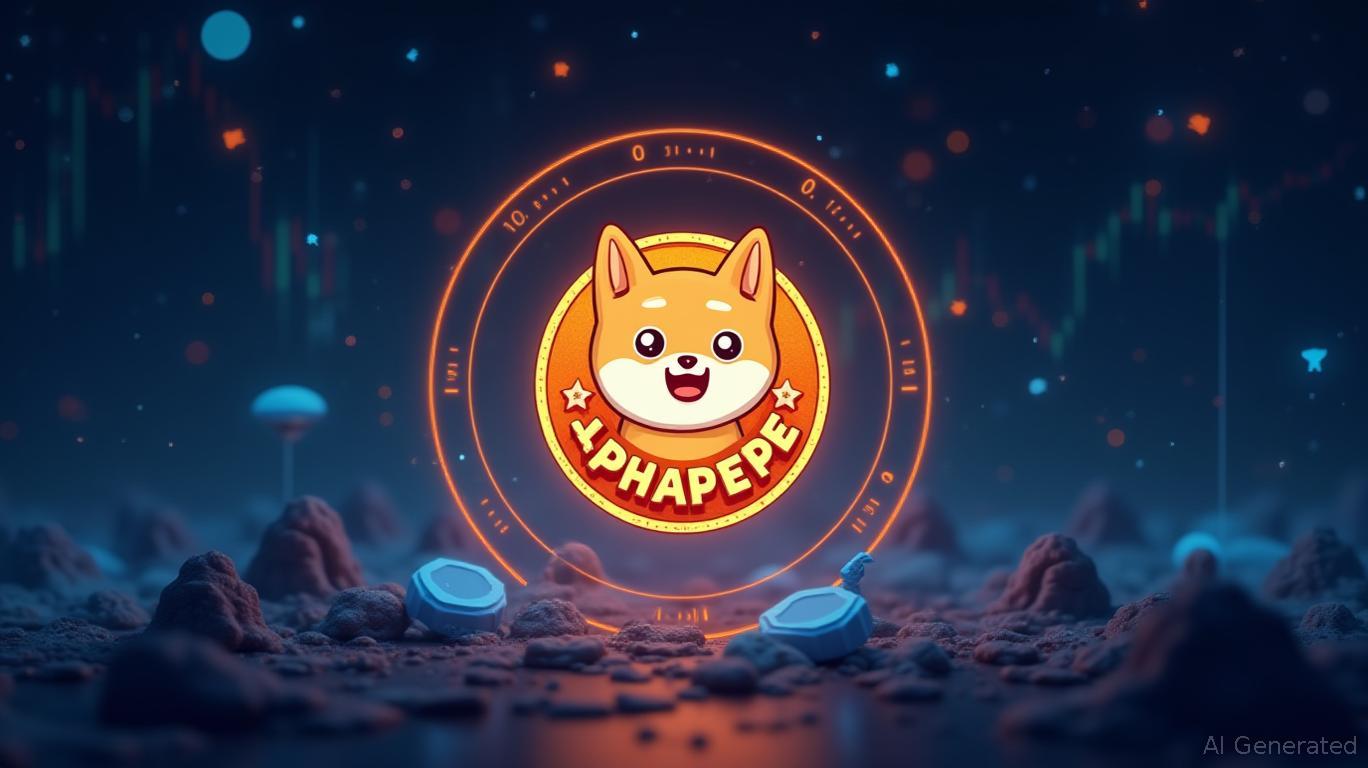Soybean Market Slump and Rare Earth Disputes Intensify Crucial Trade Negotiations Between China and the US
From October 24 to 27, 2025, China and the United States wrapped up another critical round of trade negotiations in Kuala Lumpur, aiming to ease ongoing tensions before a possible meeting between President Donald Trump and Chinese leader Xi Jinping at the APEC summit in South Korea. These discussions, which took place alongside the ASEAN Summit, centered on resolving disputes involving rare earth exports, restrictions on semiconductor trade, and tariffs on agricultural goods. Malaysia’s neutral stance played a pivotal role in facilitating the talks, according to an
One of the main topics was the dramatic drop in U.S. soybean shipments to China, which fell to zero in September 2025—the first time since November 2018. Steep tariffs and China’s shift toward suppliers in Brazil and Argentina have resulted in major losses for American farmers. Trump described the halt as a "negotiating strategy" by China, UkrAgroConsult reported. At the same time, China’s new export restrictions on rare earth minerals—essential for tech and defense—led Trump to threaten a 100% tariff on Chinese imports, accusing Beijing of using its resources as leverage, according to

The negotiations were intended to improve strained relations before the APEC summit, where Trump and Xi might agree on a broader framework. U.S. Treasury Secretary Scott Bessent and Chinese Vice Premier He Lifeng—both top economic advisors—led the talks, indicating a willingness to find common ground while maintaining strategic advantages, CryptoRank noted. Experts stressed the need to prolong the current trade ceasefire, which is due to end on November 10, to prevent further disruption to the global economy, as reported by
Progress in agricultural trade, especially soybeans and corn, was seen as a possible breakthrough. Despite the decline in U.S. exports, China remained the world’s top soybean importer, bringing in 12.87 million tons in September 2025. Fortune pointed out that a new agreement could restore significant revenue for U.S. farmers and help stabilize food prices worldwide, UkrAgroConsult observed.
The discussions also highlighted Malaysia’s increasing diplomatic clout. As chair of ASEAN, Malaysia hosted the negotiations to avoid external political pressure and to leverage its position in the semiconductor industry, which is crucial to both countries. U.S. officials commended Kuala Lumpur’s role in supporting stable supply chains for electric vehicles and consumer electronics, according to the CryptoRank article.
On October 26, Chinese negotiator Li Chenggang announced that a preliminary agreement had been reached on extending the trade truce, controlling fentanyl, and regulating exports, though details were not made public, as reported by
These negotiations unfolded amid wider geopolitical strains. Indian Prime Minister Narendra Modi did not attend the ASEAN summit in person, reportedly to avoid a direct encounter with Trump, who has criticized India’s ongoing oil purchases from Russia, U.S. News reported. This underscores the complex dynamics of trade and diplomacy in a region increasingly influenced by both U.S. and Chinese interests.
With the APEC summit drawing near, both countries are under pressure to prevent a renewed trade conflict. The results of these talks could have far-reaching effects on their relationship, global supply chains, and economic stability.
Disclaimer: The content of this article solely reflects the author's opinion and does not represent the platform in any capacity. This article is not intended to serve as a reference for making investment decisions.
You may also like
Dogecoin News Update: Will Dogecoin Bounce Back at $0.20 or Drop to $0.18?
- Dogecoin (DOGE) struggles to stabilize above $0.20, with bulls targeting $0.25-$0.33 resistance amid mixed market sentiment. - Open interest fell 62% to $1.88B, signaling reduced speculative activity and potential consolidation or deeper correction risks. - Technical analysts warn $0.20 is critical for bulls; failure could trigger selling pressure toward $0.18, while Ethereum's rebound may influence DOGE's trajectory. - Institutional shifts in crypto capital allocation and retail-driven meme narratives h

AlphaPepe: The Next Generation Meme Coin After Shiba Inu, Built on a Foundation of Security
- AlphaPepe (ALPE) emerges as Shiba Inu's potential successor, blending meme-coin virality with BNB Chain-based security features like audited smart contracts and locked liquidity. - Its presale attracted 3,000+ investors through compounding staking yields (0.3% daily) and a $330K+ funding round, outpacing DOGE and SHIB's legacy adoption strategies. - Analysts highlight ALPE's structured tokenomics over SHIB's capped growth, projecting 50×–100× gains if it captures 1% of SHIB's peak market cap through veri

Visa’s Growth in Blockchain and AI Drives Earnings Above Expectations, Offsetting Competition from Emerging Challengers
- Visa reported Q4 2025 net revenue of $10.7B, up 12% YoY, driven by cross-border payments and AI-powered services, exceeding analyst forecasts. - The company announced expanded stablecoin support across four blockchains and 16B Visa tokens, aiming to counter competition from Brazil's Pix and DeFi platforms. - Despite challenges from instant payment systems and decentralized finance, Visa maintains $618B market cap and $26B operating profits, with 14% dividend increase signaling confidence. - Analysts upgr

Fintech Companies Safeguard Intellectual Property as Hong Kong Requires Stablecoin Licenses
- Hong Kong's HKMA mandates licensing for all HKD-pegged stablecoins (local/foreign) under new 2025 framework. - Ant Group files "ANTCOIN" trademark for virtual currencies, aligning with regulatory timeline ahead of licensing. - Framework requires full reserves, audits, and AML protocols for stablecoin operators seeking HKMA approval. - JD, Fosun join fintech firms securing trademarks like "Jcoin," leveraging Hong Kong's digital asset innovation hub status. - Regulatory clarity supports Hong Kong's role as
